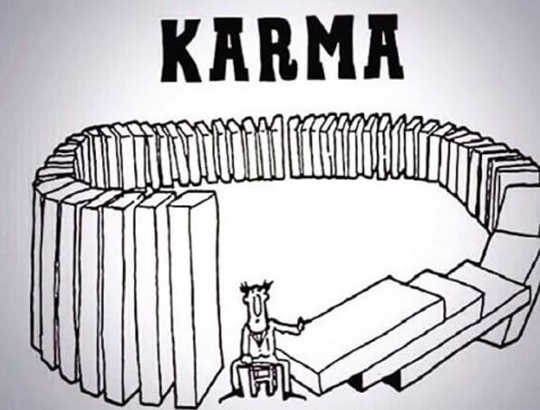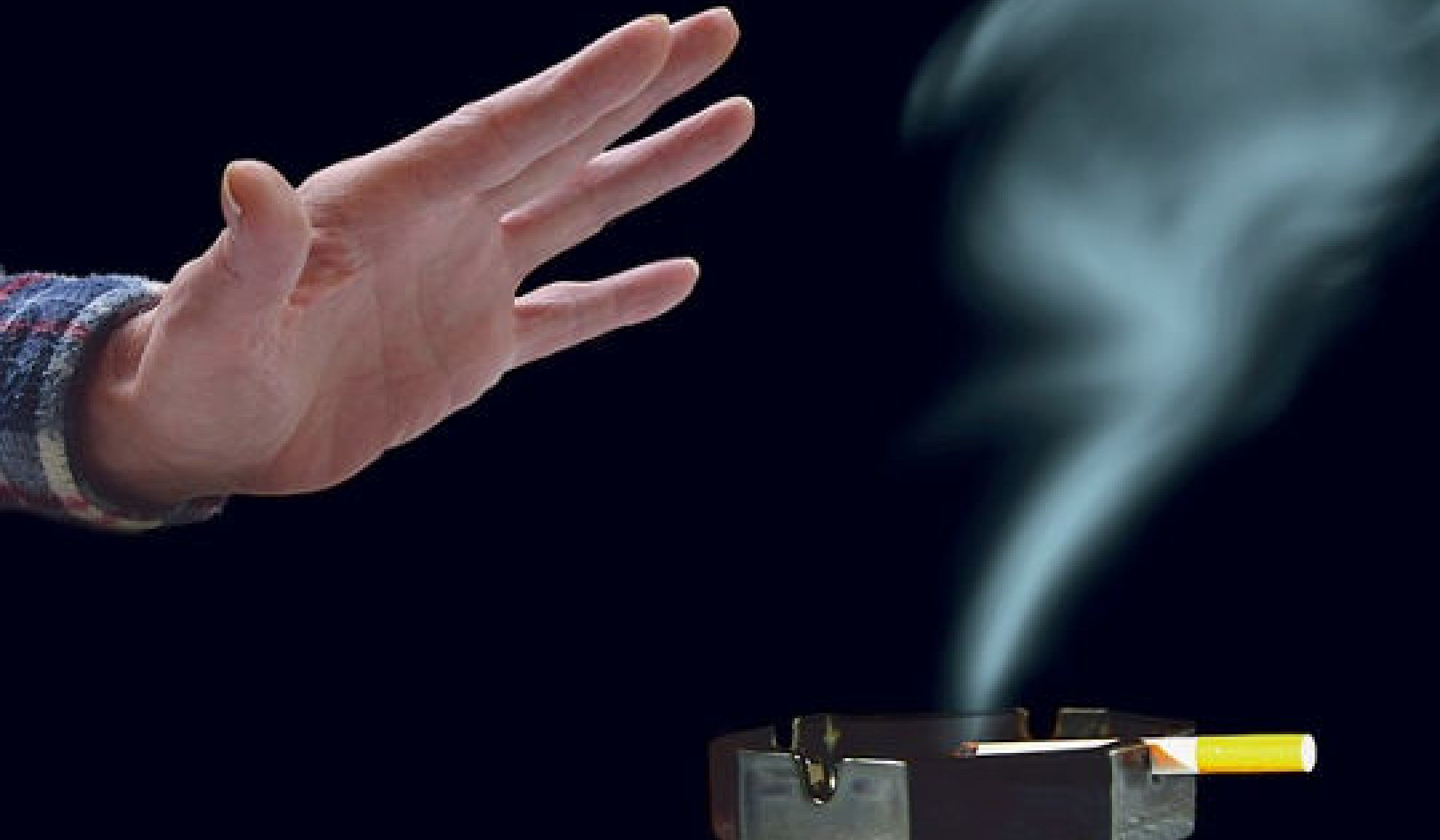
What is karma? What is its purpose? How do you create it and how do you resolve it? When you know the answers to these questions you gain an advantage in learning to handle karma. The more you know about karma, the greater your ability to complete it and reduce its control over your life.
In your culture, you frequently confuse karma with fate or the notion that the future is written indelibly in ink. You may even believe that you are a victim of karma and that no matter what you do you can not escape its tentacles. Most of you have had lives where you despaired and gave up all hope because you felt that karma would inevitably deal you a terrible blow. You might even think that karma is a punishment for misdeeds meted out from a cosmic parent that harshly judges and disciplines you.
Another error you can fall into is the belief that karma is good or bad. You might subscribe to the notion that good karma is like good luck, while bad karma is bad luck. These beliefs, while hinting at the truth, are misleading and confusing at best.
Law of Consequences
Karma is the universal law of consequences. Any experience of a certain basic intensity will record and generate the necessity for a balance of that intensity. Let us go into to this a bit more specifically. Intensity is the medium through which thoughts, deeds, and emotional experiences are recorded in the Akashic records. The Akashic records are a complete record of all events and experiences that occur on every plane of existence.

Remember that the Tao created the game of life to experience as much of itself as it is able. The law of karma is what makes this possible.
Let us look at it this way. Any thought, action, or emotional event is like a pebble thrown onto the calm surface of a pond. The pebble creates ripples that have consequences as they spread out on the pond's surface and interact with floating objects and the shoreline. The greater the size of the pebble and the stronger the intensity with which it is thrown, the greater the size of the ripples. This of course creates an experience for the pond, so to speak, and this is what the Tao is looking for, experiences. Throwing the pebble in the pond ensures that there will be consequences leading to more consequences and so on. The game of life then is in process.
The Akashic Records, the Tao's memory bank, keeps track of events according to certain blocks or ribbons of experience. Think of it this way. With each event, an imbalance is recorded in an open file on the imbalance column. The imbalance generates an impetus for immediate or eventual balance of the sheet. When the event has been experienced in reverse the balance column is checked and the file is then considered closed. This is the law of karma, sometimes called the law of debt. The Akashic records are kept perfectly and no file is ever lost or forgotten.
Let us look at some examples of the law of debt regarding emotional experiences.
If a thief steals a person's life's savings, that person will probably feel intense emotions as a consequence. The thief will also probably have intense feelings during and after the course of the theft -- perhaps excitement, fear, guilt, and so on. These intense emotional experiences are recorded and generate the necessity for both the thief and the victim to experience the opposite emotion. So the victim will then become the thief who steals the former thief's savings. If John shoots Mary in one life, karma is recorded. An imbalance remains on the books waiting for another lifetime when comparable circumstances exist for repayment. Mary will then cause John's death and the balance sheet is complete.
You may ask at this point, "Is that the only way karma can be repaid, a tooth for a tooth and an eye for an eye?" The answer of course is no, not necessarily. If John shoots Mary when he is a baby soul and does not meet up with her again until they are both old souls, Mary is not likely to repay the karma by wanting to shoot Tom. A number of alternatives exist for them. John could save Mary's life and lose his own life in the process, and the debt would be satisfied. On the other hand, Mary might inadvertently kill John in a traffic accident and again the debt would be repaid.
The creation of karma has everything to do with choice. You choose all your karmic lessons no matter how disagreeable you might feel they are. However, whether you judge karma good or bad has to do with your impact on other people's choices. When you interfere with the free choices of others, you create what looks like negative karma. When you promote and create the opportunity for greater choices for others, you create what appears to be positive karma.
Karma however is neither good nor bad. It is your judgment which makes it appear positive or negative. You may generate what you may call positive karma by donating a large sum of money to a needy individual. In another incident, you may generate what you call negative karma by stealing a large sum of money from your neighbor. Both are important lessons in living that ultimately lead toward greater human understanding and love. The one judged negative simply is the longer path.
Remember that karma is necessary in order to play the game of the physical universe. Karma makes it possible for lessons to be learned and development to take place.
Reprinted with permission of the publisher
Bear & Co./Inner Traditions, www.innertraditions.com.
Article Source
 Tao To Earth: Michael's Guide to Relationships and Growth
Tao To Earth: Michael's Guide to Relationships and Growth
by José Stevens, Ph.D.
Guide to relationships and growth (Michael Speaks book.)
About The Author
Jose Stevens, Ph.D., is the founder of Essence Psychology and lectures internationally on essence and personality, shamanism, and prosperity. He is the author of Earth to Tao and Transforming Your Dragons, and co-author of The Michael Handbook and Secrets of Shamanism. The author's website is at www.pivres.com.
{youtube}LQyMhRFfCXg{/youtube}































